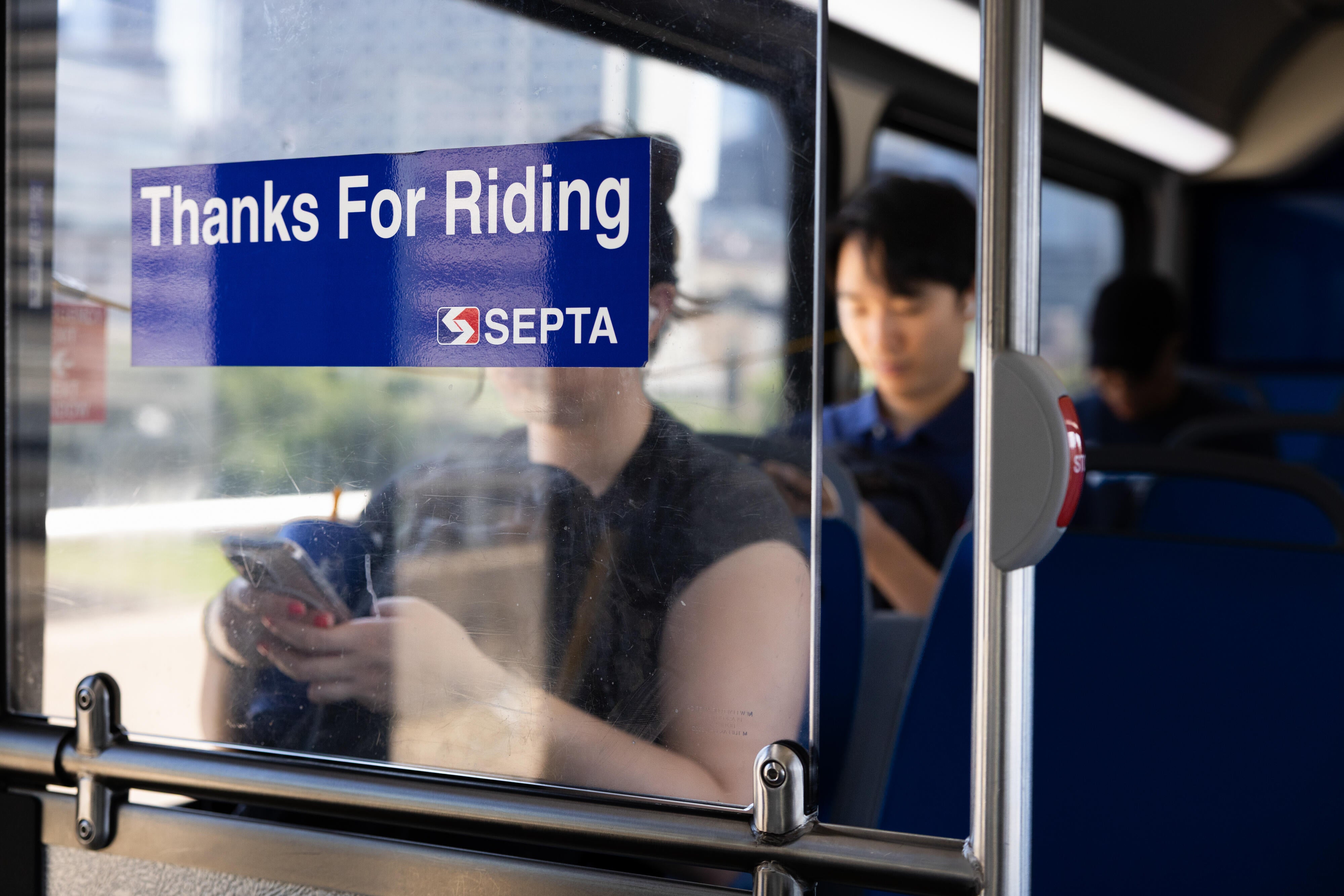Shapiro approves SEPTA's plan to use capital project money to fund operations for 2 years
Pennsylvania Gov. Josh Shapiro on Monday approved SEPTA's plan to use capital project money to fund daily operations for the next two years, meaning the transit authority's "doomsday" service cuts will be reversed and a 21.5% fare increase will take effect Sunday.
Shapiro directed PennDOT Secretary Mike Carroll to flex $394 million from SEPTA's capital expenses for operations.
In approving the request, Shapiro's administration instructed the transit authority "to address its structural challenges and report to PennDOT every 120 days the steps taken and progress made to increase efficiencies within the system," according to a news release.
"What we've witnessed over the last few weeks in Philadelphia and in the region with people not being able to get where they need to go, not being able to get to their jobs, not being able to be there for their families, students not being able to get to school — that is not OK," Shapiro said.
SEPTA spokesperson Andrew Busch said the new money will reverse those problems.
"That takes money that we had set aside for construction projects, improvement projects … it comes into our budget where we are funding our daily operations — so, our labor, our fuel, our power," Busch said.
SEPTA General Manager Scott Sauer asked PennDOT last Friday to shift money from the transit authority's capital assistance to operating in what he called a "Band-Aid."
The funding will help SEPTA through July 2027.
"This is not the long-term funding solution we were hoping for to address our $213 million budget deficit, but over the last two weeks, we've seen the devastating effects the service cuts have had on our riders," Sauer said Friday.
SEPTA announced its plan to use capital project money after a Philadelphia judge ordered the transit authority to reverse all service cuts. Sauer said Friday the transit authority will appeal the judge's order.
A judge last week ordered SEPTA to restore all of its service cuts but allowed the transit authority to move forward with a fare increase.
After the Shapiro administration signed off on SEPTA's plan of short-term funding, the transit authority will raise fares from $2.50 to $2.90 on Sunday when it fully restores service.
SEPTA said the money will also allow the transit authority to move forward with its new bus network and support events happening in Philadelphia celebrating the 250th anniversary of the United States.
SEPTA began implementing service cuts on Aug. 24 after warning riders for months. SEPTA is facing a $213 million deficit after the expiration of COVID-19 relief funds left a gap in its budget.
Last year, SEPTA also warned of service cuts taking effect Jan. 1, 2025, but Shapiro redirected federal highway money to temporarily help cover the transit authority's deficit.
Shapiro's still unapproved budget proposal has $252 million earmarked for mass transit in the commonwealth.
Democrats and Republicans have yet to find common ground for SEPTA and mass transportation funding.
Senate Republicans applauded the move to fund SEPTA with capital project money, saying: "We appreciate Governor Shapiro for releasing PennDOT transit funds to SEPTA and recognizing these dollars weren't committed to any capital projects. This is exactly what Senate Republicans have been saying all along and why we passed a bill on August 12 to do just that. Now it's time to move past the political rhetoric and focus on rider and workforce safety, stronger fiscal accountability, and a long-term funding solution for SEPTA."
In August, the Democrat-controlled House passed a mass transit funding bill, which Republicans opposed. The Republican-controlled state Senate then passed its own bill, introduced by state Sen. Joe Picozzi, which House Democrats rejected.
Neither party's plans could pass both chambers in Harrisburg.
In a letter approving SEPTA's request Monday, Carroll claimed the Republican-backed legislation failed to meet the needs of mass transit providers and wasn't a long-term funding solution.
"First, it would have provided a fraction of the funding that the governor proposed as part of his proposal to provide new funding for system operations. Second, it would have required these systems to utilize their capital funding over two fiscal years to fill the gap without a revenue source to replace the lost funding they are already relying on for capital projects," Carroll wrote. "Third, it would have taken funding away from capital projects already underway, thereby compromising the safety and efficiency of the transit system. Fourth, this Senate-passed bill would have only provided a temporary fix, at a time when systems are seeking assurance that the Commonwealth can provide long-term sustainability to their operations. Fifth and most concerningly, this bill would have taken existing resources out of the PTTF, in the amount of $419 million, and sent them to the Motor License Fund for road paving projects. While PennDOT and the Shapiro Administration support funding for road repair projects and have allocated significant resources to that work, we do not believe utilizing mass transit funding for such purposes is sound public policy."
Here is the PennDOT secretary's full letter approving the use of capital assistance funds.
